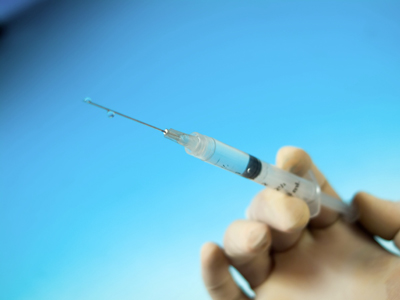
Antibiotics
This Biology quiz is called 'Antibiotics' and it has been written by teachers to help you if you are studying the subject at middle school. Playing educational quizzes is a fabulous way to learn if you are in the 6th, 7th or 8th grade - aged 11 to 14.
It costs only $12.50 per month to play this quiz and over 3,500 others that help you with your school work. You can subscribe on the page at Join Us
This middle school Biology quiz takes a look at one of our most helpful of medicines - the antibiotics. They have helped us to defeat several infections which once claimed many thousands of lives. Antibiotics are medicines that have helped to control infections since the middle of the twentieth century.
Ready for more?
not all...
quizzers. Try to win a coveted spot on our Hall of Fame Page.







